
Find Help
More Items From Ergsy search
-

What preventive measures can I take to protect my email from being hacked?
Relevance: 100%
-
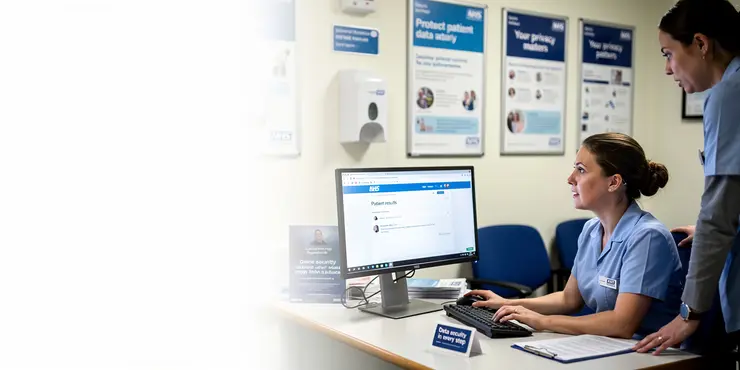
Can antivirus software protect my email from being hacked?
Relevance: 93%
-
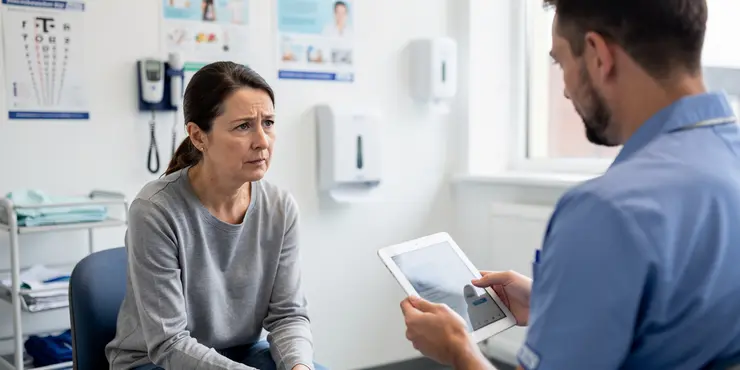
What are some signs that my email might be hacked?
Relevance: 85%
-
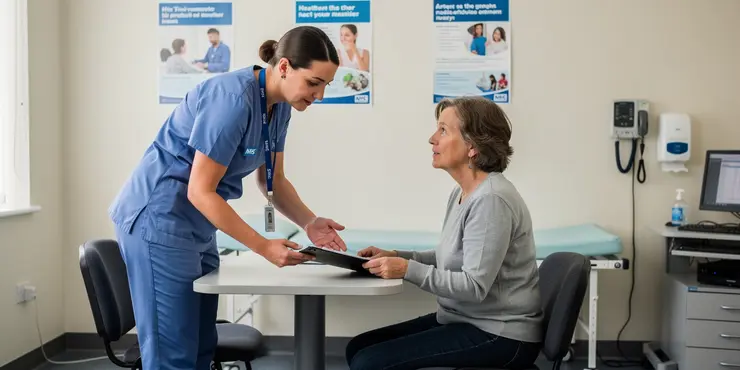
How can I secure my email after a hack?
Relevance: 82%
-

How do I know if my email has been hacked?
Relevance: 82%
-
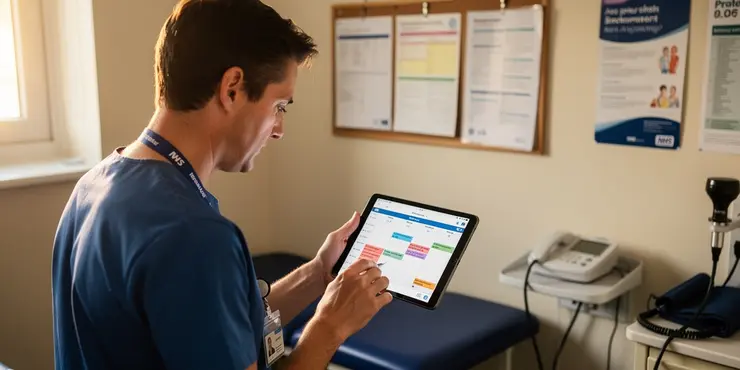
Can unexpected calendar events be a sign of a hacked email?
Relevance: 80%
-
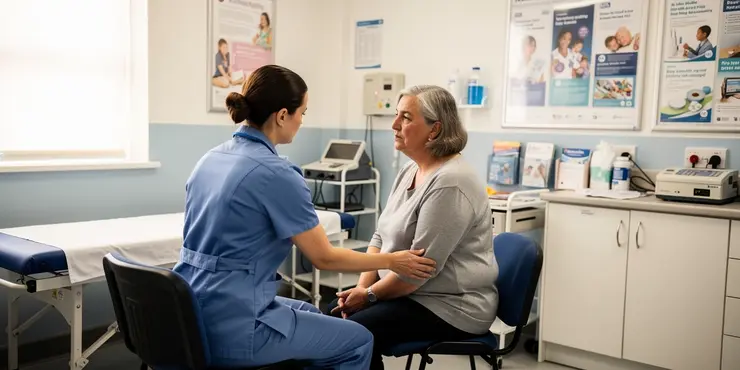
Should I contact my email provider if I suspect hacking?
Relevance: 80%
-
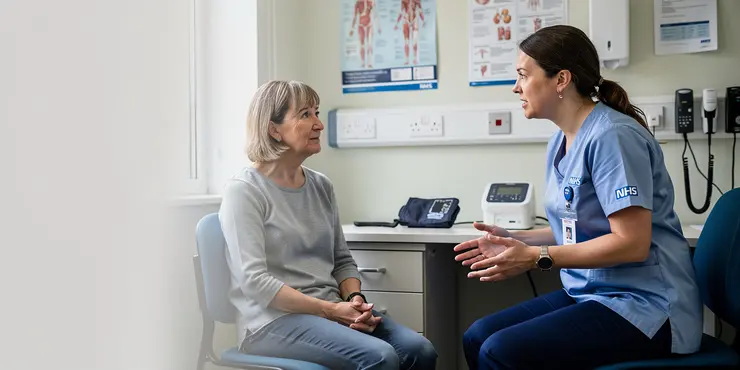
What is the risk of my contacts being compromised if my email is hacked?
Relevance: 78%
-
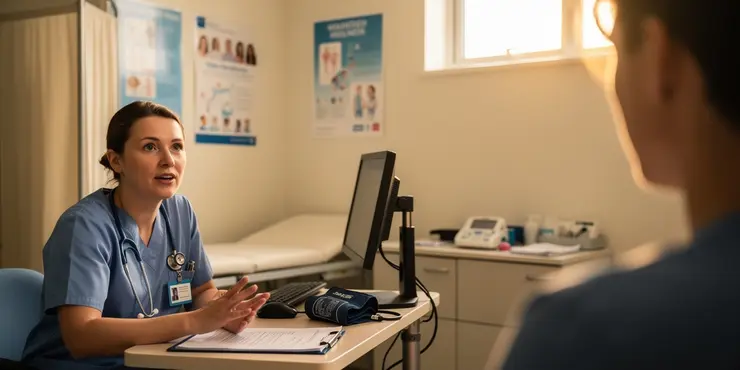
How can I recover a hacked email account?
Relevance: 76%
-

Can enabling two-factor authentication help if my email is hacked?
Relevance: 74%
-
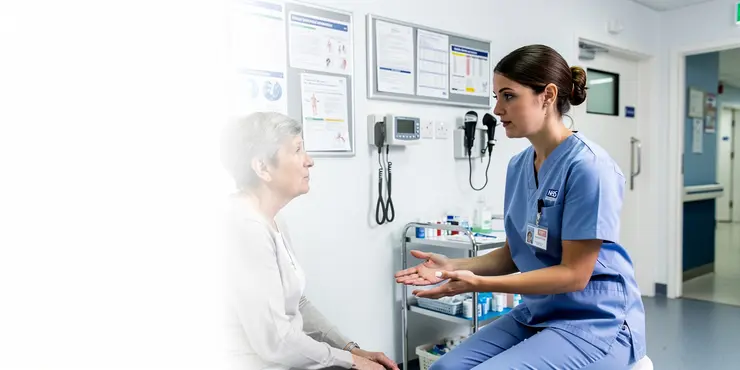
Should I report the hack to the social media platform?
Relevance: 63%
-

How can phishing attacks lead to social media hacks?
Relevance: 62%
-
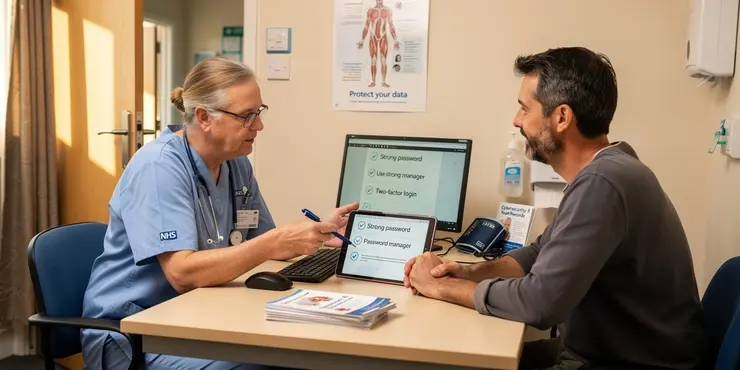
What steps can I take to prevent future hacks?
Relevance: 61%
-
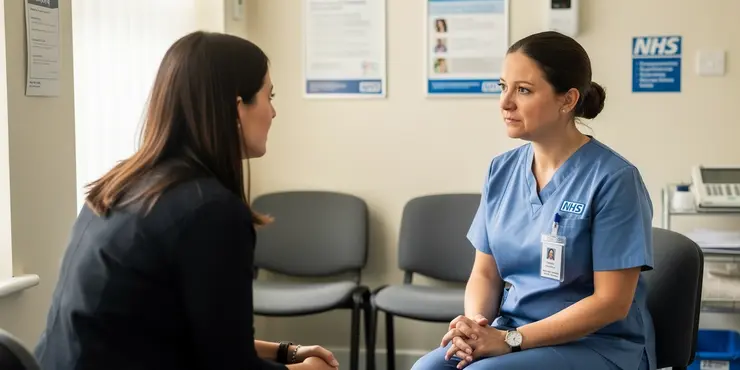
Can Monzo or Revolut accounts be hacked easily?
Relevance: 59%
-
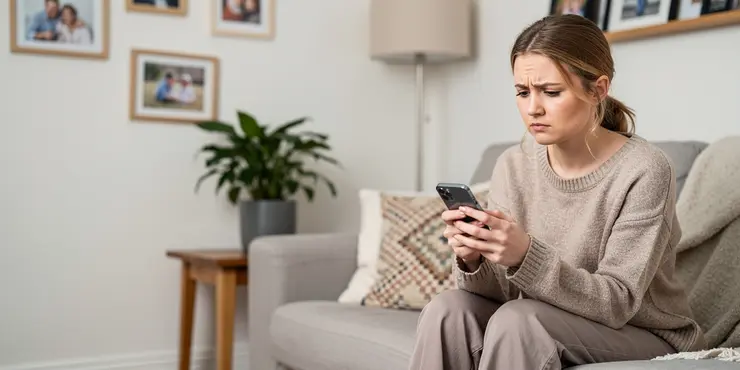
How do I know if my social media accounts have been hacked?
Relevance: 59%
-

What are the risks of ignoring a hacked account?
Relevance: 57%
-
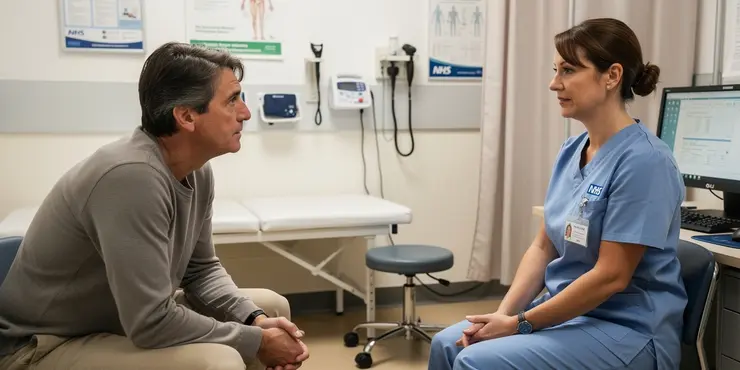
Will changing my password secure my hacked account?
Relevance: 53%
-

How do I know if my password has been hacked?
Relevance: 51%
-
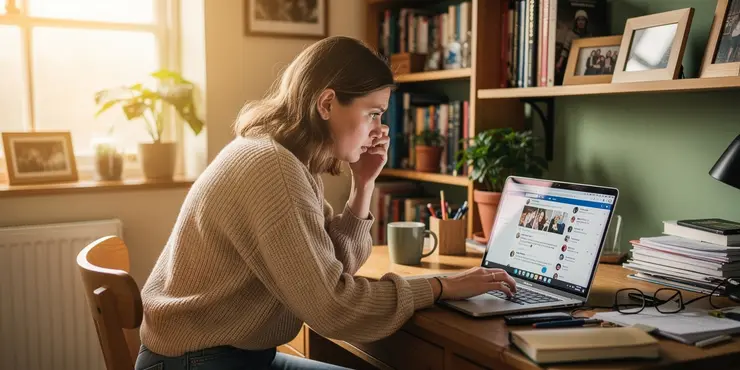
Can a sudden decrease or increase in followers indicate a hack?
Relevance: 51%
-
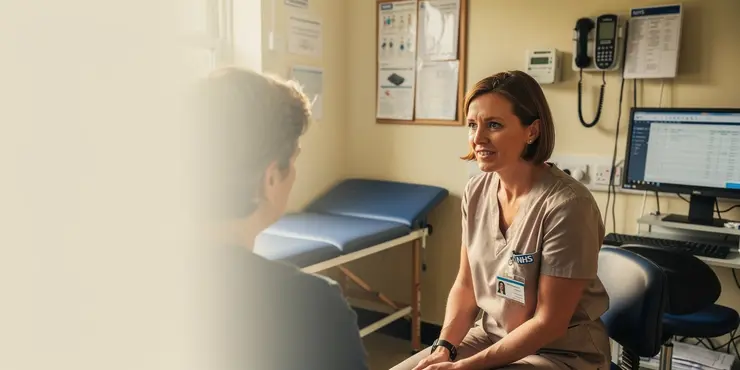
What signs indicate that my social media account might be hacked?
Relevance: 51%
-
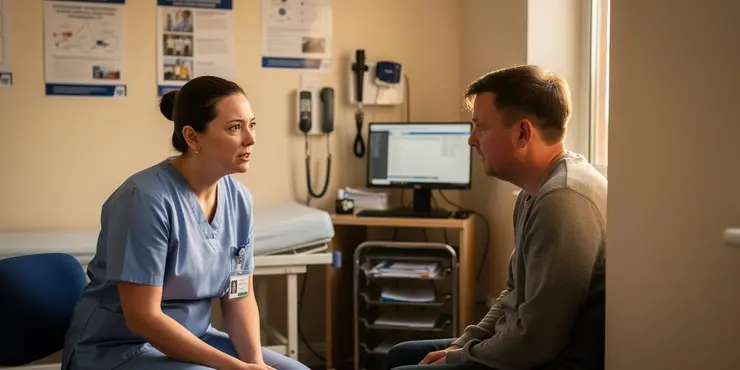
Why am I receiving password reset emails I didn't request?
Relevance: 49%
-

Why does my email appear to be sending spam?
Relevance: 49%
-
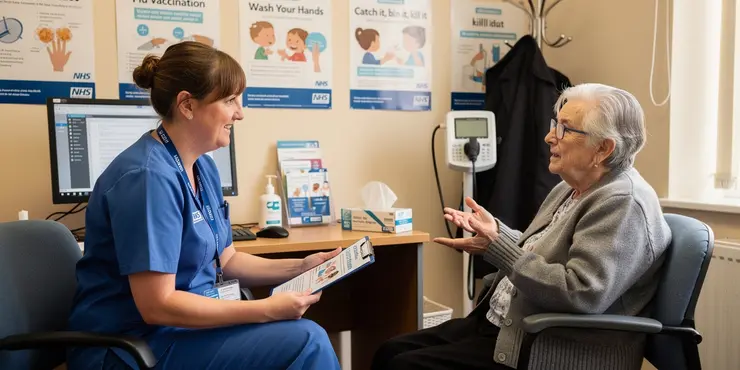
What are some preventive measures against H3N2?
Relevance: 47%
-
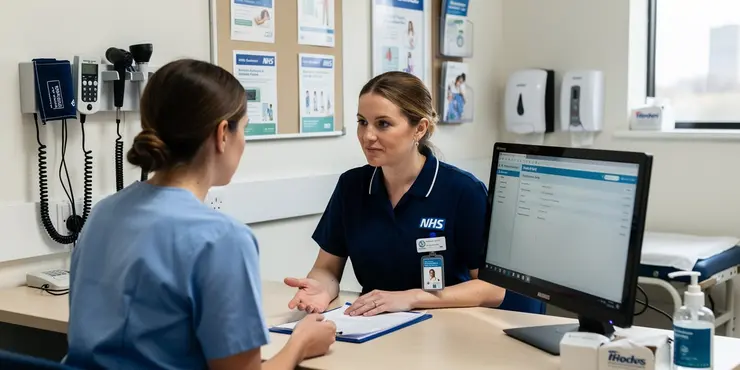
Why are emails often targeted in data breaches?
Relevance: 47%
-

What should I do if I notice unfamiliar emails in my sent folder?
Relevance: 47%
-
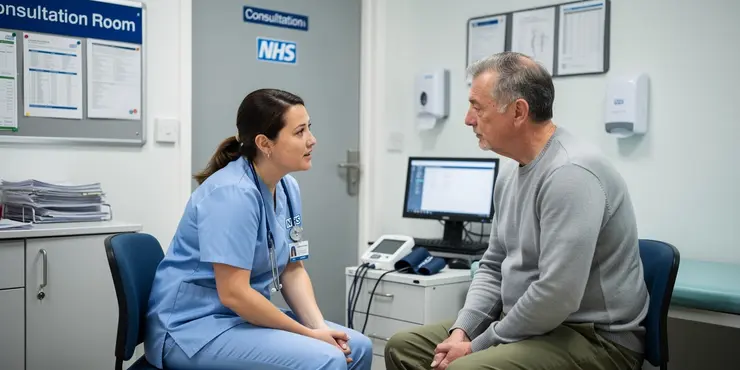
Don't Click On That Email (SPAM & SCAMS)
Relevance: 47%
-
Are there preventative measures for eating disorders?
Relevance: 47%
-
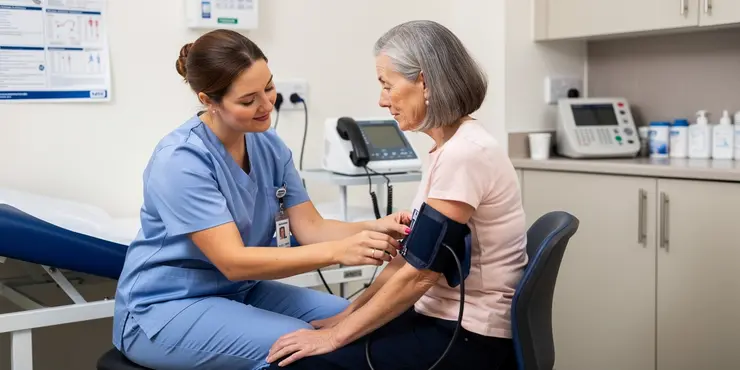
Is it safe to use public Wi-Fi to check my email?
Relevance: 44%
-
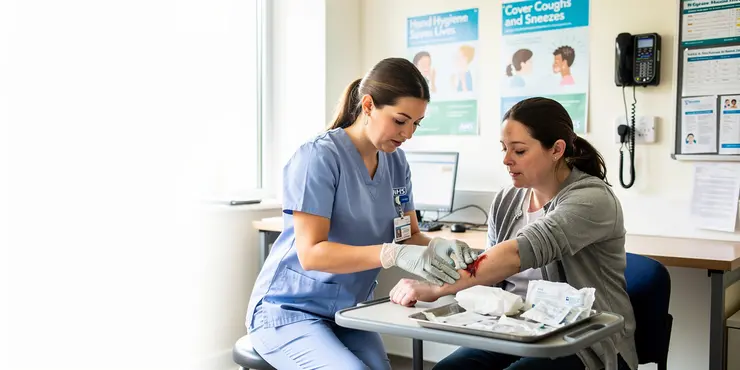
Are there any preventative measures for flesh-eating disease?
Relevance: 44%
-
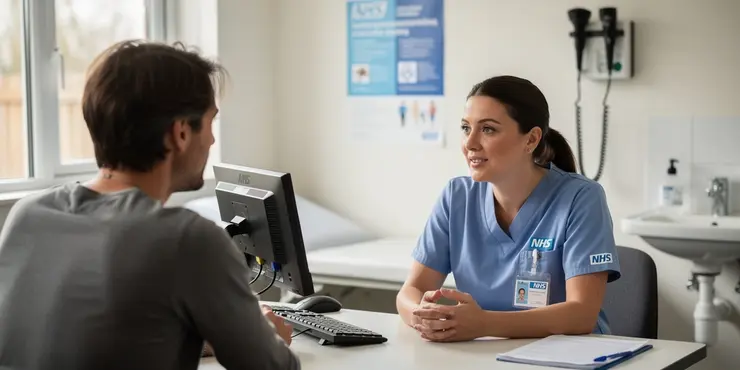
Can using the same password across accounts increase the risk of hacking?
Relevance: 43%
-

What preventive measures can reduce the risk of Nipah Virus infection?
Relevance: 42%
-
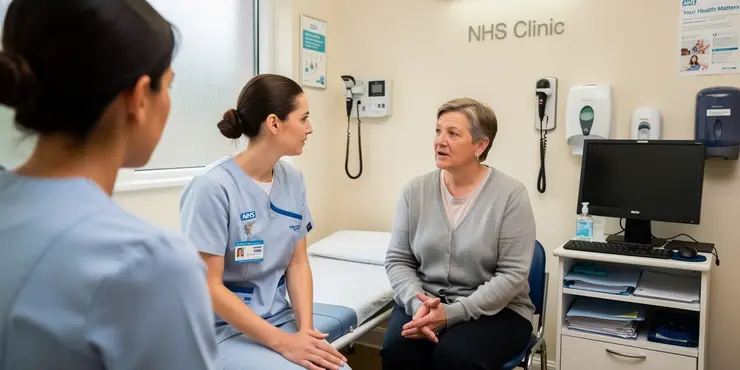
Why am I not receiving expected emails?
Relevance: 41%
-
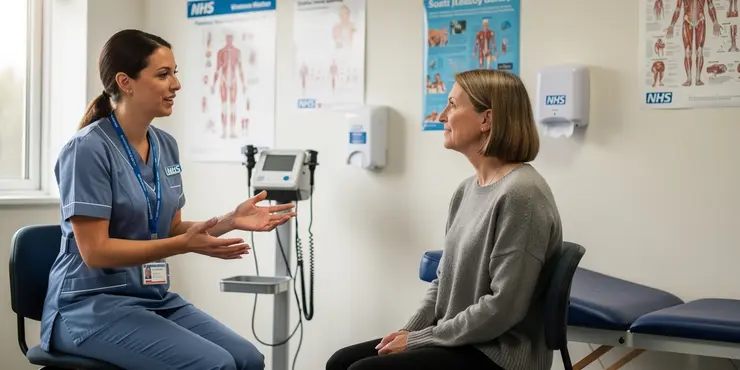
Why are there login attempts from unfamiliar locations in my email activity?
Relevance: 41%
-

Are unsolicited emails about weight loss drugs a warning sign?
Relevance: 40%
-
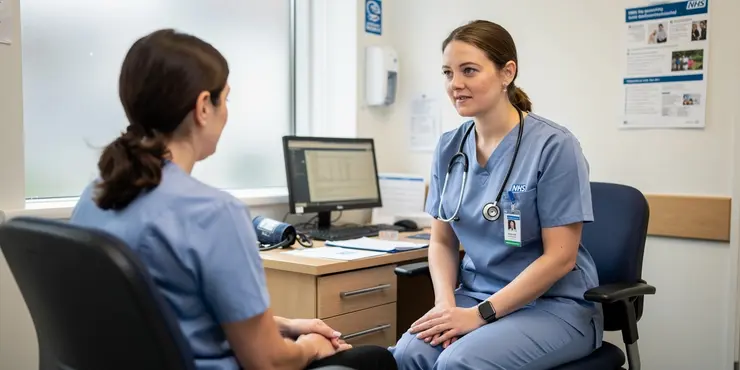
What should I do if I can't access my email account?
Relevance: 39%
-
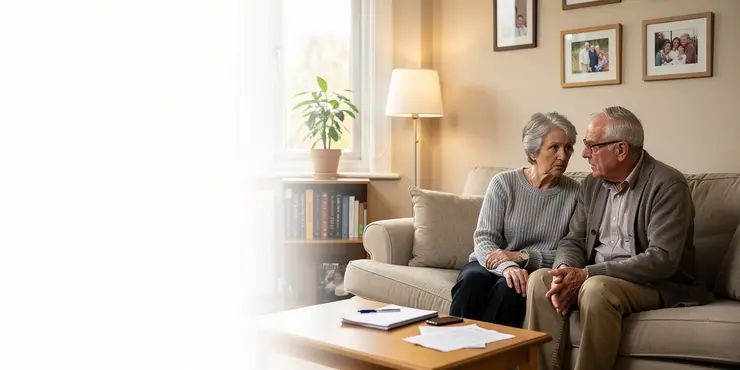
How can the elderly protect themselves from scams?
Relevance: 38%
-
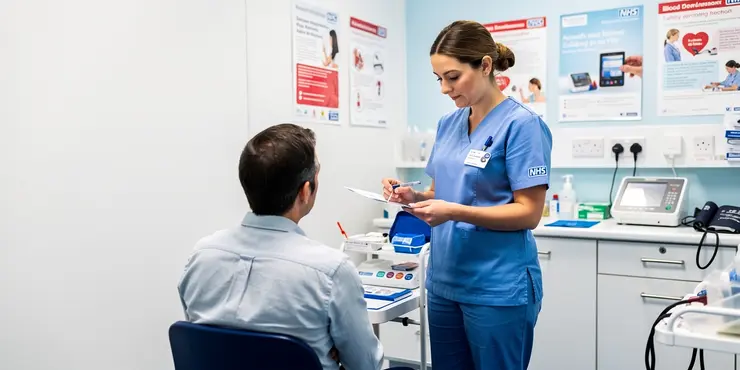
What measures are taken to prevent disease transmission in blood transfusions?
Relevance: 38%
-
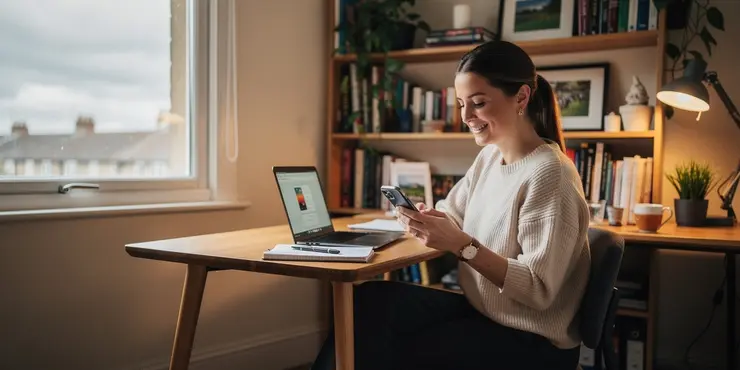
How can I protect my phone from malware?
Relevance: 38%
-

What should I do if I suspect my email has been compromised through phishing?
Relevance: 36%
-
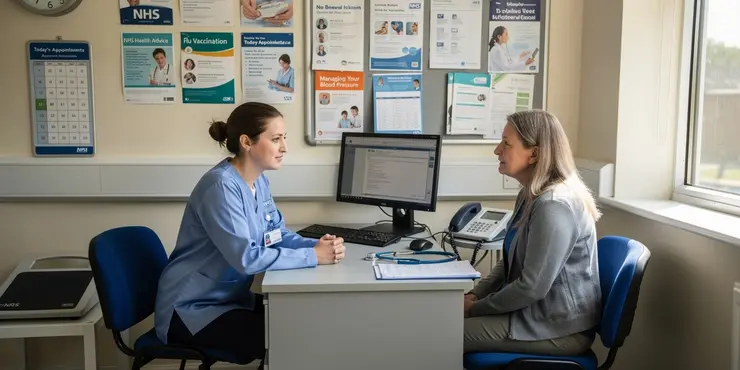
Why have my email account recovery options changed without my knowledge?
Relevance: 36%
Understanding Email Security Threats
Email security is a growing concern as cyber threats become increasingly sophisticated. Hackers often target email accounts to steal personal information, carry out phishing attacks, or spread malware. Protecting your email from such threats is crucial to maintaining your privacy and the security of your personal data.
Use Strong and Unique Passwords
One of the simplest yet most effective measures you can take is to use a strong, unique password for your email account. Avoid common words or easily guessable information such as birthdays. Instead, create a complex password that includes a mix of letters, numbers, and special characters. Additionally, ensure that this password is unique to your email account and not used for other online accounts to minimize risk if another account is compromised.
Enable Two-Factor Authentication
Many email providers offer two-factor authentication (2FA) as an added layer of security. When enabled, 2FA requires you to verify your identity using two different factors—typically your password and a code sent to your mobile device—when signing in. This additional step helps prevent unauthorized access even if your password is compromised.
Be Cautious of Phishing Scams
Phishing is a common tactic used by hackers to trick you into revealing personal information. Be cautious of suspicious emails that request personal details or ask you to click on unfamiliar links. Always verify the sender's email address and check for any unusual content or spelling errors. If in doubt, contact the organization directly through their official website or phone number to confirm the legitimacy of the request.
Regularly Update Your Software
Keep your operating system, antivirus software, and email client up to date to protect against security vulnerabilities. Software updates often include vital security patches that address known threats. Enabling automatic updates helps ensure you have the latest protections in place without having to manually check for updates.
Secure Your Network
Your home Wi-Fi network should also be protected with a strong password and encrypted using WPA3, if supported. Avoid accessing your email on public Wi-Fi networks, which are often unsecured and can expose you to man-in-the-middle attacks. If you must use public Wi-Fi, consider using a virtual private network (VPN) to encrypt your internet traffic.
Monitor Your Account Activity
Regularly check your email account's activity logs if available. Look for any unfamiliar sign-ins or suspicious activity. Most email providers allow you to review recent login attempts and provide the option to secure your account if anything appears out of the ordinary.
Educate Yourself and Others
Staying informed about the latest security threats and educating those around you can significantly reduce the risk of your email being hacked. Follow cybersecurity news and be aware of new scam tactics. Share this information with friends and family to help protect them as well.
Understanding Email Security Threats
Email safety is very important. There are bad people online who try to trick you using your email. They might steal your information or make your computer sick with viruses. Keeping your email safe helps protect you and your personal information.
Use Strong and Unique Passwords
Make a strong password for your email. A strong password has a mix of letters, numbers, and special symbols. Do not use easy words like your birthday. Your email password should be different from other passwords you use. This helps keep your email safe even if another account is hacked.
Enable Two-Factor Authentication
Two-Factor Authentication (or 2FA) adds extra safety to your email. When you turn on 2FA, you need two things to log in: your password and a code sent to your phone. This way, even if someone knows your password, they can't log in without the code.
Be Cautious of Phishing Scams
Phishing is when bad people pretend to be someone else to steal your information. Be careful of strange emails asking for info or asking you to click links. Check the email address carefully and look for spelling mistakes. If unsure, contact the company using their real website or phone number.
Regularly Update Your Software
Keep your computer and apps updated. Updates fix problems and keep you safe. Most programs have important fixes called patches. Turn on automatic updates so you always have the latest security patches. This keeps things secure.
Secure Your Network
Protect your Wi-Fi at home with a strong password. If possible, use WPA3 security. Avoid checking email on public Wi-Fi as it is not safe. If you must use public Wi-Fi, try using a VPN app. A VPN keeps your internet traffic private and secure.
Monitor Your Account Activity
Check who is logging into your email. Look for anything strange. Many email services let you see who logged in recently. If you see something you don’t know, secure your account right away.
Educate Yourself and Others
Learning about new email threats can help keep you safe. Read about the latest online scams. Share this knowledge with friends and family so they can stay safe too. Helping each other learn keeps everyone protected.
Frequently Asked Questions
What is the first step I can take to protect my email from being hacked?
Use a strong, unique password for your email account.
How often should I change my email password?
Change your email password every few months, or immediately if you suspect any compromise.
Why is two-factor authentication important for email security?
Two-factor authentication adds an extra layer of security by requiring a second form of verification beyond just the password.
How does keeping software up to date help protect my email?
Regular software updates patch security vulnerabilities that could be exploited by hackers.
Is it safe to access my email over public Wi-Fi?
Avoid using public Wi-Fi for accessing your email unless you're using a secure connection like a VPN.
Why should I avoid clicking on links or downloading attachments from unknown senders?
They could contain phishing attempts or malware designed to steal your credentials.
What is phishing and how can it affect my email security?
Phishing is a tactic where attackers impersonate legitimate entities to trick you into revealing personal information.
How can I recognize a phishing email?
Look for suspicious sender addresses, generic greetings, urgent language, or unusual attachments and links.
What role does email monitoring play in security?
Monitoring your email activity statistics and unauthorized access alerts can help you spot suspicious activities early.
What's the advantage of using different passwords for different accounts?
Using unique passwords mitigates the risk of having multiple accounts compromised if one password is exposed.
Should I use a password manager for my email account?
Yes, using a password manager can help you create and store strong, unique passwords securely.
Can encrypting my emails enhance security?
Yes, encryption ensures that even if emails are intercepted, they cannot be read by unauthorized parties.
Why should I disable email preview panes and automatic downloads?
Disabling these features can prevent malicious content from being automatically executed or downloaded.
What is the risk of using the same password for multiple services?
It increases the risk of a domino effect if one service is breached, endangering all accounts with the same password.
How does setting a security question impact my email security?
Ensure your security question is something only you would know, to prevent ease of guessing.
What should I do if I suspect my email has been hacked?
Immediately change your password, review account activity, and inform your contacts about the breach.
What's the impact of sharing personal information on social platforms in context to email security?
Publicly sharing personal data may provide hackers with clues to answer security questions or guess passwords.
Why is logging out of your email on shared devices critical?
Remaining logged in on shared devices leaves your account vulnerable to unauthorized access.
How can reviewing account recovery options improve security?
Ensuring your recovery options are secure and up-to-date helps in regaining control quickly if your email is compromised.
What's the importance of using reputable email providers?
Reputable providers are more likely to offer robust security features and consistent updates.
How can I keep my email safe from hackers?
First, use a strong password. A strong password is like a secret code that is hard for people to guess. You can use a mix of big letters, small letters, numbers, and special symbols like ! or #. Remember, don't share your password with anyone.
To help you remember your strong password, you can use a password manager. This is a tool that keeps all your passwords safe in one place.
Pick a strong and special password for your email. Make sure it's not the same as other passwords you use.
How many times should I change my email password?
Change your email password every few months. Change it right away if you think someone might know it.
Why is it important to use two things to log in to your email?
Using two things to log in to your email is important because it keeps your email safe.
First, you use your password. Then, you use something else, like a code sent to your phone. This makes it harder for others to get into your email.
Here are some tools and tips to help:
- Use an app that sends you codes, like Google Authenticator.
- Use a text message to get a code on your phone.
- Ask someone you trust for help if you don’t understand.
Using two things to log in helps protect your personal information.
Two-factor authentication makes your online accounts safer. It means you need two things to log in, not just your password. This helps keep your account more secure.
How does keeping software up to date help protect my email?
When you update your software, it helps keep your email safe. Software is like a tool on your computer or phone.
Sometimes, bad people find ways to sneak into these tools. When this happens, software makers fix it by making updates.
Here’s why updating is good:
- Fixes Problems: Updates fix things that are broken and make your email safer.
- Stops Bad Guys: Updates help block bad people from getting into your email.
- Makes Things Better: New updates can add cool features and make your tools work better.
To stay safe, try to:
- Turn on Automatic Updates: This way, your software updates by itself.
- Have a Trusted Helper: Ask someone you trust if you need help updating your tools.
Updating your software is important. It fixes problems that hackers could use to break into your computer or phone.
Is it safe to use my email on public Wi-Fi?
Public Wi-Fi can be risky.
When you use public Wi-Fi, other people might see what you're doing.
Here are some tips to stay safe:
- Use a VPN app. It keeps your internet private.
- Check if the website address starts with "https".
- Avoid sending important information, like passwords, on public Wi-Fi.
Be careful and stay safe!
Don't use public Wi-Fi to check your email. Use a safe connection like a VPN to stay protected.
Why not click on links or download files from people you don't know?
Here’s why you should be careful:
- Bad stuff: Links can hide bad websites. Files might have harmful software called viruses. These can hurt your computer or steal your information.
- Tricks: Some people try to trick you. They might pretend to be someone you know to make you click or download.
Here’s what you can do:
- Ask someone: If you’re not sure, ask a grown-up or a friend for help.
- Use protective tools: Make sure your computer has an antivirus program. This helps keep your computer safe.
These might have tricks to steal your personal details or give your computer a virus.
What is phishing and how does it affect my email safety?
Phishing is when someone tries to trick you to steal your personal information. They might send fake emails that look real. These emails can try to get your login passwords or credit card numbers.
Phishing can make your email unsafe because if you give your information to the wrong people, they can use it to cause harm. Here are some tips to stay safe:
- Be careful with emails asking for your personal information.
- Check the sender’s email address to make sure it's real.
- Look for spelling or grammar mistakes in the email.
- Use tools like email filters and security software.
- If unsure, ask a trusted adult for help.
Phishing is a trick where bad people pretend to be someone you trust. They want to fool you and get your personal information.
How can I spot a fake email?
Watch out for strange email addresses, "Dear Friend" greetings, words that try to make you hurry, or weird files and links.
Why is checking emails important for safety?
Checking emails helps keep us safe. It looks for bad stuff like viruses. It stops people from sending fake messages. This keeps our computers and information safe.
To make it easier, you can:
- Use a simple email app with a helper tool.
- Ask someone you trust to help understand emails.
Checking your email activity and looking for alerts about strange logins can help you see if something is wrong early.
Why is it good to have different passwords for different accounts?
Having different passwords for each account keeps your information safe. If one password is stolen, the others are still safe.
Use simple tools like a password manager to remember your passwords. It's like a keyring for passwords.
Using different passwords for each account helps keep your other accounts safe if one password is discovered.
Is it a good idea to use a password manager for my email?
Here is some easy help to understand passwords:
A password manager is a tool that keeps your passwords safe and remembers them for you.
It helps you make strong passwords that are hard to guess.
Using one can help you keep your email safe because you only need to remember one password.
Here are some tools you can use:
- Remember your password: A password manager remembers all your passwords, so you don't have to.
- Stay safe: It helps protect your email from people who might want to get into your account.
- Make strong passwords: It can create long and hard-to-guess passwords for you.
If you find passwords hard to remember, a password manager can be a big help!
Yes, a password manager is a tool that helps you make strong passwords and keep them safe.
Does making my emails secret make them safer?
Yes, encryption makes sure emails stay secret, even if someone tries to look at them without permission.
Why turn off email previews and automatic downloads?
Email previews let you see part of the message before opening it. But bad emails can be hidden there. This means bad things like viruses might get into your computer.
Automatic downloads can also be risky. They might download bad files without you knowing. This can harm your computer.
To stay safe, turn off these features in your email. This helps stop bad things from getting in.
If you need help doing this, ask someone you trust, like a friend or family member. They can show you how.
Turning off these features can stop bad stuff from running or downloading by itself.
Why is it bad to use the same password for many accounts?
If you use the same password on many websites, it is risky. If someone learns your password, they can get into all your accounts.
Here's how you can stay safe:
- Use a different password for each account.
- Try using a password manager app. It remembers your passwords for you.
- Make passwords strong with letters, numbers, and symbols.
If someone gets into one of your accounts, they could get into all your accounts that use the same password. This is risky, like falling dominos.
How does a security question affect my email safety?
A security question can help keep your email safe. It is an extra way to check if it is really you logging in.
Choose a question only you know the answer to. Don't make it too easy for others to guess. This will make your email safer.
Tools to help remember your answers:
- Write it down somewhere safe.
- Use a password manager to keep track of your questions and answers.
Make sure your security question is something only you know. This way, it is hard for others to guess it.
What to Do if You Think Someone Broke into Your Email
If you think someone got into your email without asking:
- Change your password.
- Use a strong password with numbers and letters.
- Check for strange emails you didn't send.
- Tell a trusted adult if you need help.
- Use security questions or two-factor authentication for extra safety.
- Look for tips online to keep your email safe.
Change your password right away. Look at what has been happening in your account. Tell your friends about the problem.
How does sharing your personal information on social media affect email safety?
Sharing too much on social media can make it easy for people to guess your email password. Be careful with what you share online.
Here are some tips to keep your email safe:
- Use a strong password. Mix letters, numbers, and symbols.
- Don't use the same password everywhere.
- Think before you share personal details like your birth date or pet's name.
- Enable Two-Factor Authentication. This adds an extra step to log in.
Sharing your personal information online can help bad people, like hackers, guess your passwords or answer security questions.
Why is it important to log out of your email on shared devices?
Logging out of your email on devices other people use is very important. It keeps your messages and information safe.
Here are some tips to help you:
- Always click on "Log Out" or "Sign Out" when you finish checking your email.
- Make sure no one else can read your emails without your permission.
- Use a good password that is hard for others to guess.
- Ask for help from someone you trust if you are not sure how to log out.
If you stay logged in on computers or tablets that other people use, your account can be at risk. Someone else might use it without asking.
How can checking ways to get back into your account make it safer?
Checking how you can get back into your online account is important. It can make sure your account is safe if you forget your password or if someone tries to break in.
Here are some easy tips to help keep your account safe:
- Use a strong password with letters and numbers. A password manager can help you remember.
- Set up two-step verification. This means you need a password and a code on your phone to log in.
- Write down a list of trusted friends' emails or phone numbers. They can help if you need to recover your account.
- Keep your recovery options updated, like your phone number and backup email.
Ask someone you trust to help set these up if you need support.
Make sure your recovery options are safe and updated. This can help you get your email back quickly if someone hacks it.
Why is it important to use trusted email services?
Using a trusted email service is safe. It keeps your messages and personal information secure. Trusted services protect you from online dangers, like hackers.
Good email services have tools to stop bad emails or "spam." This helps you see only the emails you want.
Trusted email services work well and provide support if you need help.
If reading is hard, you can try using tools like text readers. They can read the words out loud for you.
Good companies keep your information safe. They also make sure everything works well by updating things often.
Useful Links
This website offers general information and is not a substitute for professional advice.
Always seek guidance from qualified professionals.
If you have any medical concerns or need urgent help, contact a healthcare professional or emergency services immediately.
Some of this content was generated with AI assistance. We’ve done our best to keep it accurate, helpful, and human-friendly.
- Ergsy carfully checks the information in the videos we provide here.
- Videos shown by Youtube after a video has completed, have NOT been reviewed by ERGSY.
- To view, click the arrow in centre of video.
- Most of the videos you find here will have subtitles and/or closed captions available.
- You may need to turn these on, and choose your preferred language.
- Go to the video you'd like to watch.
- If closed captions (CC) are available, settings will be visible on the bottom right of the video player.
- To turn on Captions, click settings .
- To turn off Captions, click settings again.
More Items From Ergsy search
-

What preventive measures can I take to protect my email from being hacked?
Relevance: 100%
-

Can antivirus software protect my email from being hacked?
Relevance: 93%
-

What are some signs that my email might be hacked?
Relevance: 85%
-

How can I secure my email after a hack?
Relevance: 82%
-

How do I know if my email has been hacked?
Relevance: 82%
-

Can unexpected calendar events be a sign of a hacked email?
Relevance: 80%
-

Should I contact my email provider if I suspect hacking?
Relevance: 80%
-

What is the risk of my contacts being compromised if my email is hacked?
Relevance: 78%
-

How can I recover a hacked email account?
Relevance: 76%
-

Can enabling two-factor authentication help if my email is hacked?
Relevance: 74%
-

Should I report the hack to the social media platform?
Relevance: 63%
-

How can phishing attacks lead to social media hacks?
Relevance: 62%
-

What steps can I take to prevent future hacks?
Relevance: 61%
-

Can Monzo or Revolut accounts be hacked easily?
Relevance: 59%
-

How do I know if my social media accounts have been hacked?
Relevance: 59%
-

What are the risks of ignoring a hacked account?
Relevance: 57%
-

Will changing my password secure my hacked account?
Relevance: 53%
-

How do I know if my password has been hacked?
Relevance: 51%
-

Can a sudden decrease or increase in followers indicate a hack?
Relevance: 51%
-

What signs indicate that my social media account might be hacked?
Relevance: 51%
-

Why am I receiving password reset emails I didn't request?
Relevance: 49%
-

Why does my email appear to be sending spam?
Relevance: 49%
-

What are some preventive measures against H3N2?
Relevance: 47%
-

Why are emails often targeted in data breaches?
Relevance: 47%
-

What should I do if I notice unfamiliar emails in my sent folder?
Relevance: 47%
-

Don't Click On That Email (SPAM & SCAMS)
Relevance: 47%
-
Are there preventative measures for eating disorders?
Relevance: 47%
-

Is it safe to use public Wi-Fi to check my email?
Relevance: 44%
-

Are there any preventative measures for flesh-eating disease?
Relevance: 44%
-

Can using the same password across accounts increase the risk of hacking?
Relevance: 43%
-

What preventive measures can reduce the risk of Nipah Virus infection?
Relevance: 42%
-

Why am I not receiving expected emails?
Relevance: 41%
-

Why are there login attempts from unfamiliar locations in my email activity?
Relevance: 41%
-

Are unsolicited emails about weight loss drugs a warning sign?
Relevance: 40%
-

What should I do if I can't access my email account?
Relevance: 39%
-

How can the elderly protect themselves from scams?
Relevance: 38%
-

What measures are taken to prevent disease transmission in blood transfusions?
Relevance: 38%
-

How can I protect my phone from malware?
Relevance: 38%
-

What should I do if I suspect my email has been compromised through phishing?
Relevance: 36%
-

Why have my email account recovery options changed without my knowledge?
Relevance: 36%


